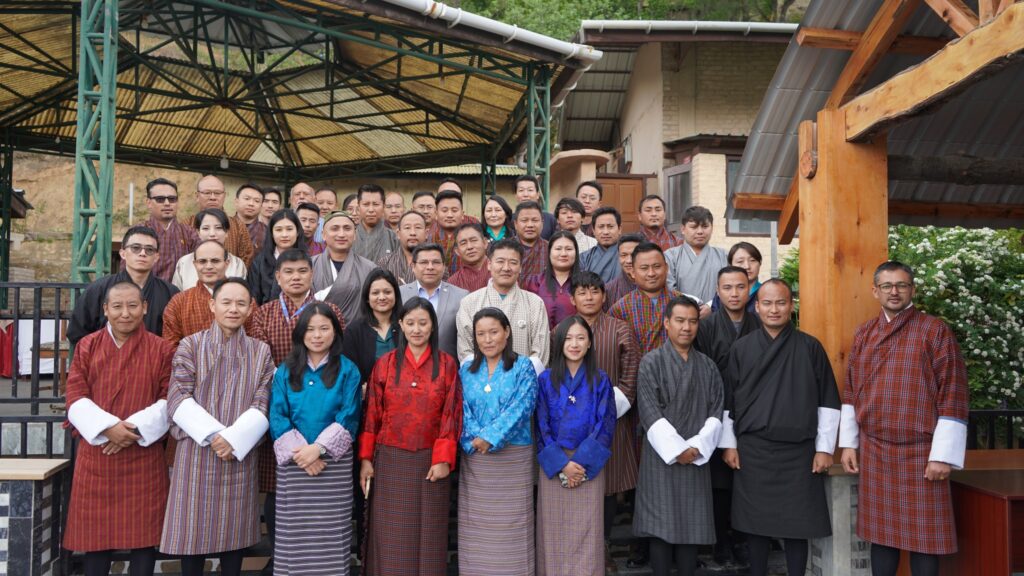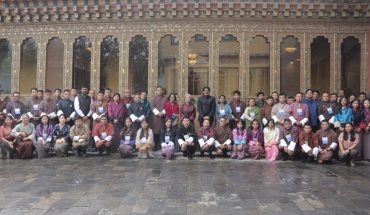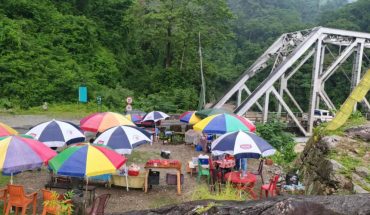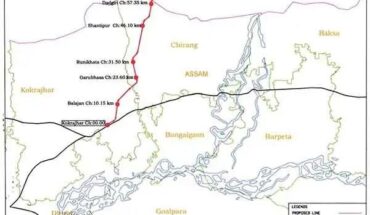
NGAWANG JAMPHEL
Thimphu
Bhutan took a major step toward the development of its spices sector with a national workshop titled “Defining a Strategic Vision and Action Plan for the Spices Industry,” held on 16 May in Thimphu.
The workshop was organized by the Food and Agriculture Organization (FAO) of the United Nations in collaboration with the Department of Agricultural Marketing and Cooperatives (DAMC) under the Ministry of Agriculture and Livestock (MoAL).
The daylong event brought together a wide range of stakeholders from across the spices value chain. These included farmers, processors, exporters, service providers, private sector representatives, government agencies, and development partners.
The main objective was to create a shared vision for the future of Bhutan’s spices sector by 2030 and to develop a clear action plan to guide the sector’s growth over the coming years.
The workshop was part of the Sustainable Agrifood Systems Intelligence (SASI) Initiative, supported by the European Union and implemented by FAO in partnership with MoAL and other food systems actors in Bhutan.
The SASI initiative aims to transform Bhutan’s agrifood systems into more sustainable, inclusive, and resilient systems that support economic growth, environmental protection, and social well-being.
Bhutan’s spices sector holds significant potential due to the country’s favorable climate and traditional knowledge in growing spices like ginger, turmeric, and chili.
However, the sector faces several challenges such as low productivity, poor quality standards, limited processing and value addition, weak market linkages, and gaps in certification and branding. These issues reduce the competitiveness of Bhutanese spices in both local and international markets.
The workshop was designed to address these challenges by encouraging cooperation among all key players. Participants worked together to identify major bottlenecks in the spices value chain — from farm to market — and proposed practical solutions.
Discussions focused on aligning efforts, making wise use of limited resources, and forming strong partnerships between the public and private sectors. The goal was to boost exports, improve farmer incomes, create employment opportunities, and build a more efficient and sustainable spice industry.
A key outcome of the workshop was the decision to lay the foundation for a multi-stakeholder value chain platform. This platform aimed to become a permanent space for dialogue, planning, and coordination among all stakeholders.
Unlike earlier efforts that were largely government-led, this new approach emphasized being stakeholder-driven and self-sustaining, giving farmers, businesses, and communities a stronger role in shaping the industry’s future.
The workshop was closely aligned with Bhutan’s 13th Five-Year Plan, which focused on sustainable economic growth, rural development, job creation, and youth participation.
The spices sector was identified as a priority area that could contribute to these goals, particularly by supporting smallholder farmers, empowering women, and encouraging youth to engage in agriculture and entrepreneurship.
During the workshop, participants worked on drafting a roadmap that defined roles, timelines, and key strategies. They also explored how to adopt climate-smart farming practices and improve market access.
Through better coordination and planning, the sector is poised to become more responsive to shifting market demands, climate conditions, and global trends.
The Department of Agricultural Marketing and Cooperatives (DAMC), which led the effort, viewed the workshop as a critical milestone.
According to DAMC Director Tashi Dorji, the event opened new opportunities for growing the spices sector, improving livelihoods, and strengthening the national food system.
Bhutanese spices are recognized not only for their unique flavor and quality but also for their cultural and ecological significance. With the right support, Bhutan could promote its spices as premium products in regional and international markets. This would help increase exports, reduce the country’s reliance on imports, and contribute to national food security.
The workshop marked the beginning of a long-term journey to transform Bhutan’s spices sector. It demonstrated a move toward more inclusive planning, stronger cooperation, and smarter investment.
By laying a strong foundation now, Bhutan aims to unlock the full potential of its spice industry and make it a key contributor to economic growth, rural prosperity, and social well-being in the future.
The outcomes of the workshop are expected to guide future policy decisions, attract new investments, and inspire innovative solutions to the challenges faced by the sector.
Most importantly, it set a vision for a future where farmers — especially women and youth — are empowered to thrive in a competitive and sustainable agricultural economy.





